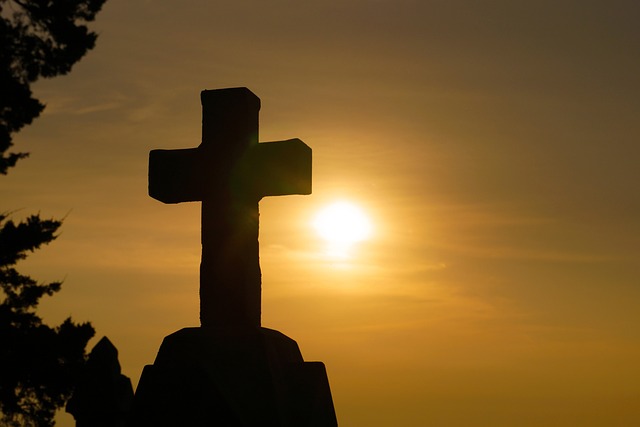Exploring the Intersection of Spirituality and Phenomenology: A Modern Philosophical Perspective
As we delve into the realms of spirituality and phenomenology, we find ourselves navigating a landscape rich with both existential questions and scientific inquiry. The modern world pushes us toward rationality, urging us to seek concrete answers through empirical observations. Yet, amid this fervor for logic and reason, the whisper of our spiritual selves calls for attention, suggesting that perhaps understanding our existence involves more than just what can be seen and measured.
The Scientific Lens on Spirituality
Science has often been seen as a competitor to spirituality, a domain that seeks to silence the inner voice that yearns for connection beyond the physical. However, recent studies in psychology and neuroscience indicate a profound link between spiritual practices and physiological well-being. Activities such as meditation and prayer have been shown to lower stress levels, enhance emotional resilience, and foster a sense of community and belonging.
These revelations compel us to reconsider the role of spirituality in our lives—inviting us to acknowledge its value alongside scientific understanding. By exploring how personal experiences shape our perceptions of the world, we can bridge the gap between empirical knowledge and the deeper existential questions that spirituality seeks to address.
Phenomenology: A Pathway to Understanding
Enter phenomenology, a branch of philosophy that examines the structures of experience and consciousness. It provides us with a framework to explore our subjective feelings and interpretations of the world around us. Phenomenologists like Edmund Husserl and Maurice Merleau-Ponty emphasize the importance of perception and lived experience, urging us to explore how our individual consciousness shapes our understanding of reality.
When we approach spirituality from a phenomenological perspective, we begin to see the importance of personal experience in connecting with the divine, the universe, or whatever entity we understand as larger than ourselves. This focus not only validates our feelings and thoughts but encourages an exploration of how our personal histories and cultural frameworks influence our spiritual experiences.
The Modern Philosophical Perspective
In today’s fast-paced world, filled with technological advances and scientific breakthroughs, the modern philosophical outlook seeks to reconcile the rational and the mystical. Thinkers like Martin Heidegger and Jean-Paul Sartre have delved into existential questions, pushing the boundaries of traditional philosophy. Their work encourages a dialogue between our physical existence and the spiritual quest for meaning.
This modern intersection invites us to ask ourselves what it means to be human in an age dominated by science and reason. Are we merely products of our biological makeup, or is there room for more profound connections beyond the tangible? The exploration of these questions through a phenomenological lens allows us to integrate our spiritual experiences within our understanding of the world, fostering a deeper appreciation for the complexity of human existence.
As we continue to explore the intersection of spirituality and phenomenology, we remind ourselves that both science and spirituality offer unique insights. Engaging with both can lead to a more holistic understanding of our experiences, enriching our lives and enhancing our quest for meaning in the complex tapestry of human existence.




